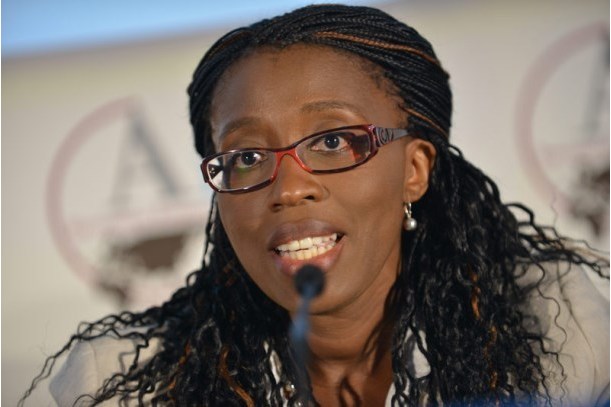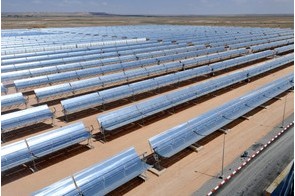Africa needs energy access to achieve SDGs – ECA boss

Summary
It is projected that by 2020, up to 600 million Africans will still not have access to electricity.
The Executive Secretary of United Nations Economic Commission for Africa (ECA), Vera Songwe, has said Africa will not fully develop if hundreds of millions of people on the continent continue to live without electricity.
Speaking at a high-level workshop in Ethiopia on accelerating renewable energy transition, Songwe said energy is at the heart of development. She said access to electricity would increase productivity within and across industries.
An estimated 600 million people, or an equivalent of 48 per cent of Africa’s population, currently lack access to electricity, with the majority of them living in rural areas. This is in spite of the 26 million Africans who gained access to electricity between 2012 and 2016. It is projected that by 2020, up to 600 million Africans will still not have access to electricity.
“Right now, the continent is moving towards the game-changing African Continental Free Trade Agreement (AfCFTA) where we can collectively wield the strength of the African continent better than we can individually by trading more with each other. But the AfCFTA requires production, which requires energy,” Songwe said.
The high-level workshop was organised by RES4Africa (Renewable Energy Solutions for Africa), a network with members across the sustainable energy value chain that promotes the deployment of large-scale and decentralised renewable energy solutions in Sub-Saharan African markets to meet the local energy needs for growth.
While the sustainable energy innovations on the ground, Songwe noted, are encouraging, the pace of deployment needs to pick up as the continent tries to address its power challenges. “Africa has to act fast and now to increase the number of people with access to electricity,” she said. “We have to quadruple our efforts on energy if we are to achieve the sustainable development goals and Agenda 2063. Without energy, we cannot have the development that we so yearn for.”
On his part, the Secretary-General of RES4Africa, Roberto Vigotti, stated the importance of accelerating renewable energy solution in Africa. He said, “Lack of sufficient power generation capacity, poor transmission and distribution infrastructure, high costs of supply to remote areas, or simply lack of affordability, are among the biggest hurdles affecting Africa’s desire to extend grid-based electricity.”
RES4Africa contributes to building sustainable energy partnerships on the continent with a bottom-up approach that is able to propose solutions customized to local contexts.
Related
-
Renewable energy boom highlights growing regional divide
Over 70% of renewable energy capacity growth occurred in Asia, while other regions, particularly Africa, lagged behind, ...
-
Morocco launches $3 billion solar power plant
The three-plant Noor-Ouarzazate CSP complex will have total installed capacity of 500MW.
-
Wärtsilä gains recognition as a leader in sustainable solutions and CSR
Wärtsilä emphases environmental excellence, fuel flexibility and operational efficiency.








